A legacy of innovation and attention to farming best practices keep this turf business on top.
In the front office of Sporting Valley Turf Farms and Hummer Turfgrass Systems is a photo of two men on a football field. One man in the photo is someone almost anyone who knows football would recognize. The other man isn’t famous in the celebrity sense, but may have done just as much for sport in central Pennsylvania.
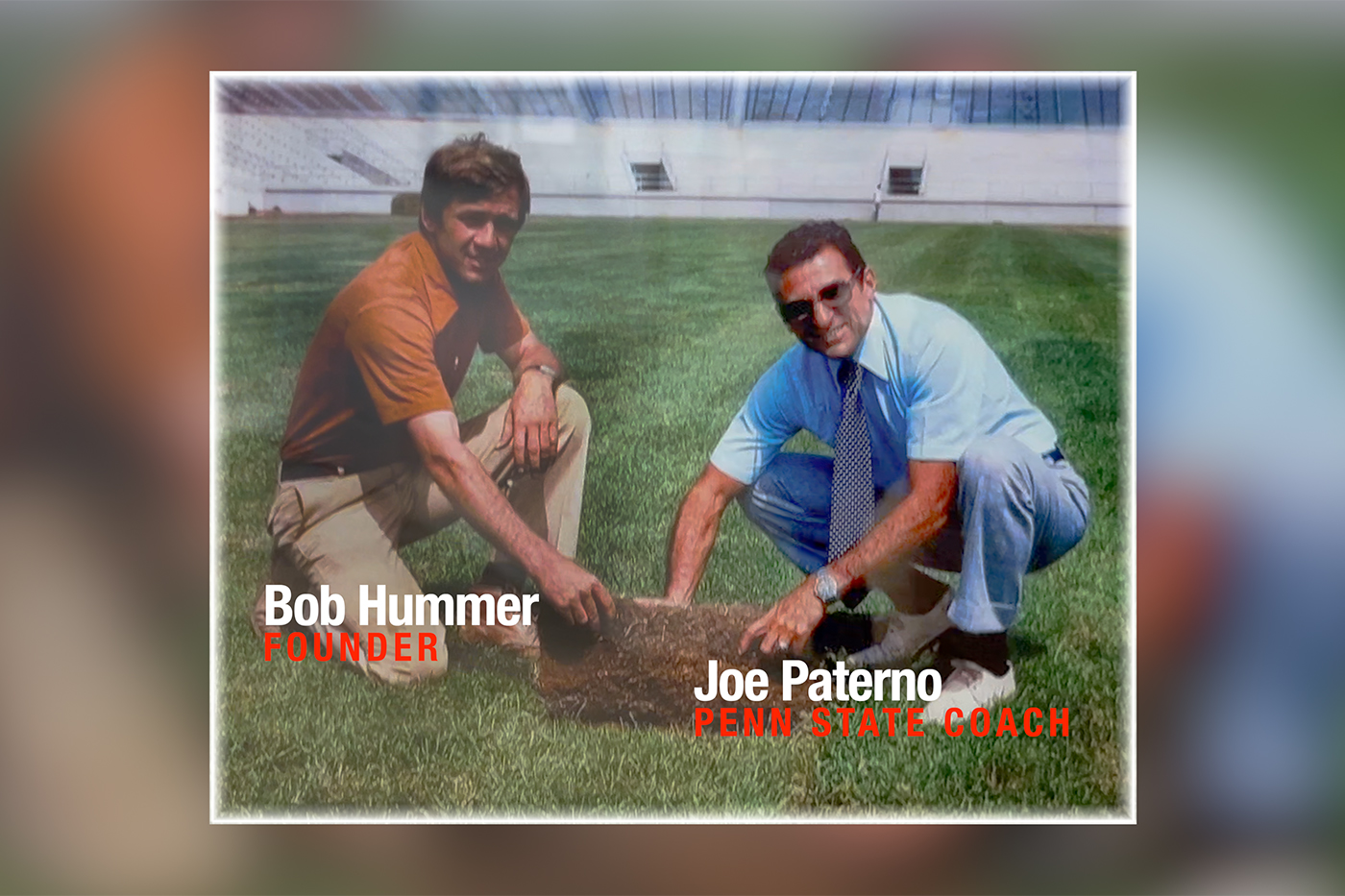
The more conventionally famous one is Joe Paterno, the venerable Penn State football coach. The other man is Bob Hummer, the founder of Sporting Valley and Hummer Turfgrass. The two companies—one a 250-acre sod farm, the other a field construction, renovation and maintenance service—have worked with Penn State for more than a generation to keep its athletic fields and, specifically, the turf at iconic Beaver Stadium, in elite playing condition.
Wimer seems to relish telling the story of how Sporting Valley started, and how Hummer had to sell some ideas along the way that seemed far-fetched 50-plus years ago. “He started growing sod on five acres at his father’s potato farm just north of here,” says Wimer. “And his dad said, ‘Why would you do that? Why wouldn’t people just buy grass seed?’” The business took off, from early days of hand-loading sod right behind the cutter to massive projects like Beaver Stadium and sports fields all over the Mid-Atlantic.
And while even the casual fan would be familiar with what Paterno brought to the game, the surprise may be what Hummer contributed to the all-important playing surfaces across the region and to the turfgrass industry in general. The founder holds two specific patents for grass tiling systems, still influential in field design today. “He was such an innovator, an entrepreneur,” says Matt Wimer, the current president of the two companies. “Once he figured out you could sell two acres of sod to a sports field…” Wimer pauses and smiles. “That was pretty nice,” he laughs.
Hummer hired Wimer as a spray tech almost 20 years ago, but the two men had an entrepreneurial spirit in common. “We went through a lot of highs and lows in the business together,” says Wimer. They also shared a penchant for attention to detail and quality. “That was something Bob drilled into me,” says Wimer. “I took to him, he took to me.” As Hummer approached retirement, Wimer became the choice to take on the business. “He treated me like a son,” says Wimer. “I really take carrying on his legacy very near to my heart.”
And while the heart of the business is athletic turf, Wimer says a homeowner buying a single piece of sod can expect the same attention to detail and quality that Penn State does. “We have people come buy a piece of turf to potty train dogs,” Wimer laughs, “literally putting a piece of sod or two into the trunk of somebody’s car. We pay the same attention to that customer.”
How Quality Sod Is Produced
Growing grass, after all, is a business that requires attention. The cool season bluegrass and tall fescue in the fields at Sporting Valley are as demanding as any farm crop. Whether planted in the spring or fall, it’s a 12- to 18-month growing cycle with the same challenges—weather, insects, disease—that conventional farming faces.
“And I think sod farming gets a bad rep, that we don’t take care of the soil,” says Wimer. “We strip it, mine it, haul it down the road… and really don’t care about it. That’s the farthest thing from the truth,” he says.
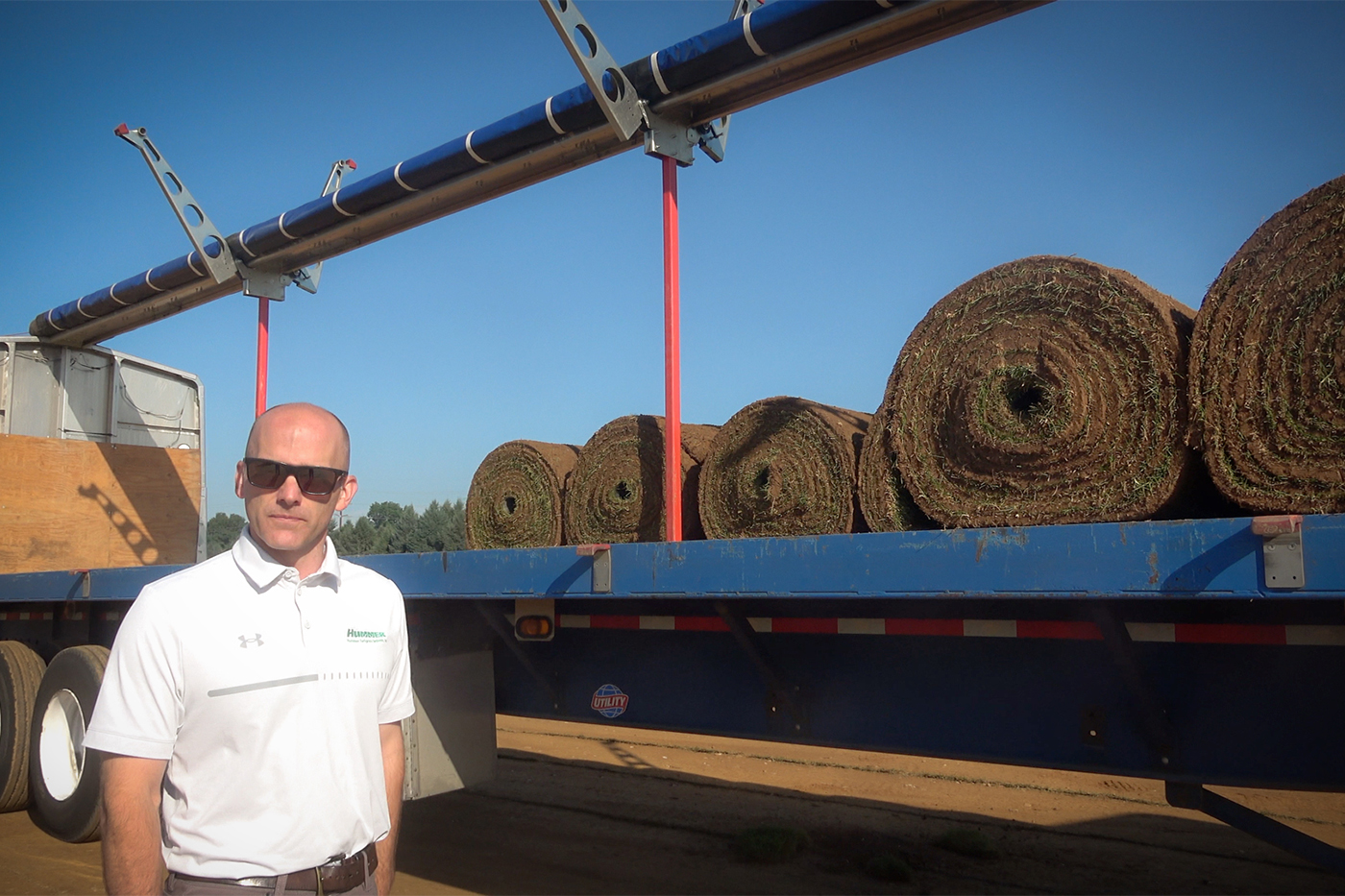
Keeping the soil in place, keeping it dialed in with nutrients, replacing organic matter… all priorities for sod farmers. Sporting Valley uses cover crops in the off-season—in, say, a spring-harvested field that will be planted in the fall—from bulk mixes that hold on to the soil to soybeans that are plowed under green to build organic matter. Plus, Wimer says the sod is harvested “as thin as we can” to leave root mass behind.
Installing Athletic Turf Fields
When that sod from Sporting Valley Turf Farms hits the road, it’s time for Hummer Turfgrass Systems to take over the job—“every aspect of the job,” says Wimer. “That’s start work, irrigation, drainage, grading, and the finished surface—sod, seed, sprigs, whatever that may be,” he says. “Baseball, softball, football, soccer… whatever that field may be, our guys have it down to a system.”
The recent installation at Penn State is an example of the meticulous nature of the work, and the practical importance of doing it right; it’s more than just a green field that looks good on TV. “We are still dealing with the original Beaver Stadium construction from 1958 underneath the nice green grass you see here,” says George Peters, the assistant athletic director for grounds at Penn State. Precision grading is essential, he says, and after recent concerts and events at the stadium, “Hummer brings in some specialty equipment to mill that material out and precise as we possibly can, to minimize the disturbance we have in the root zone, and then grade that,” says Peters. “Maintaining that precision grade is something that’s paramount for us to provide a safe playing surface for our student athletes.”
“The work there, whether it’s Beaver Stadium or any of their fields, that’s a client we hold in high regard,” says Wimer. “I take a lot of pride in being from Pennsylvania,” says the Lancaster County native, “and Penn State… that’s one of the places that, when you look at the map, well…” he laughs, “that’s prominent.”
The Best Tractors for Installing Athletic Fields
“Most if not all of our job sites have a lot of red tractors flying around,” says Wimer, recalling that when he hired on to work with the businesses in 2007, “Bob Hummer was getting his very first deliveries of Massey Ferguson tractors. We got two 5435s. We got a 5455 that arrived right when I did. They’ve been very reliable for us.”
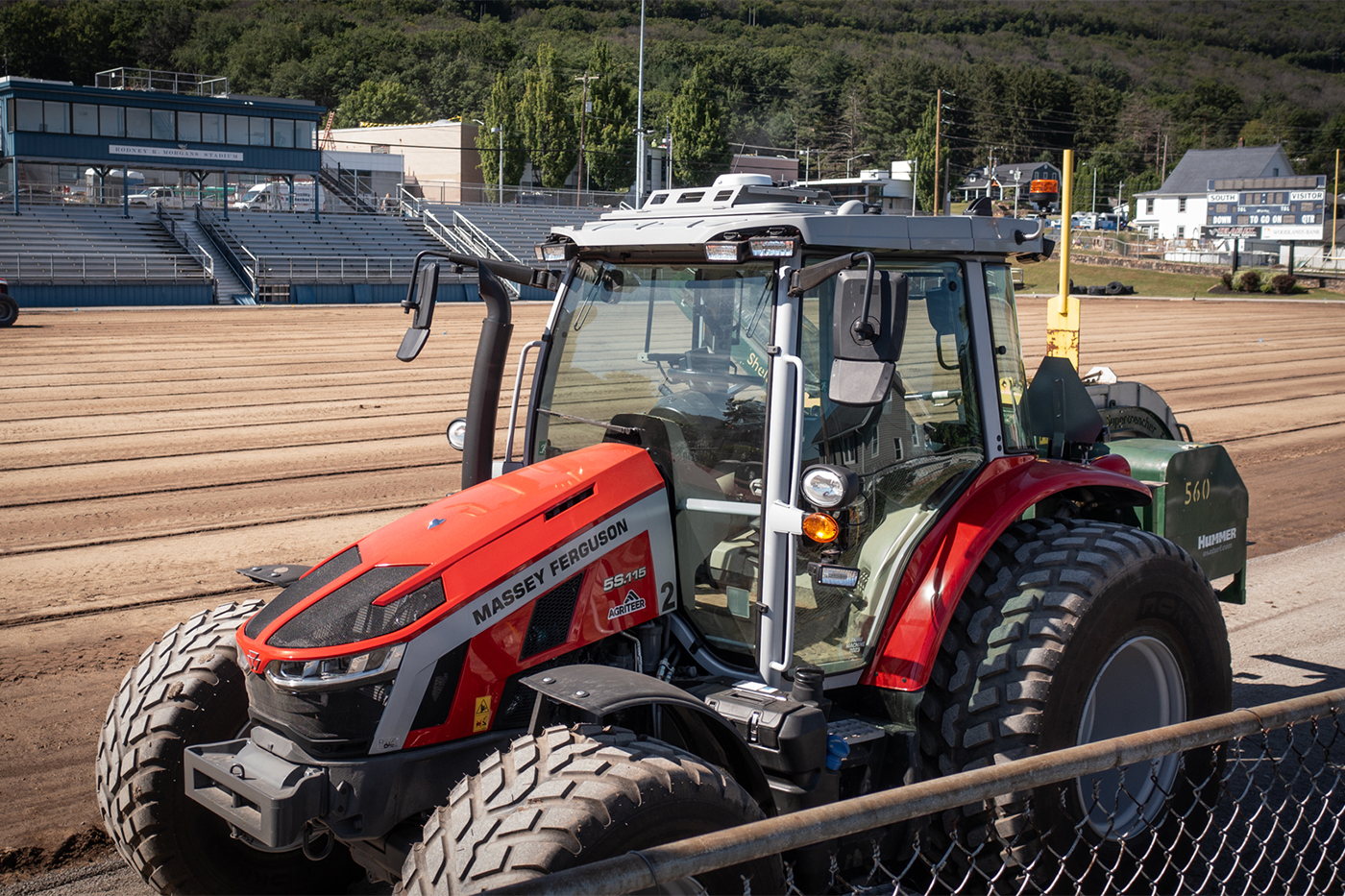
As the business evolved, Sporting Valley and Hummer moved through current models over the years, and now, “with the new 5S, we’ve taken it to the next level with the GPS and autosteer.”
Drainage work, field stripping, harvesting big rolls of sod… They all require power to the ground at very low speeds. “The Dyna-4 transmissions have been very good to us,” says Wimer. “And, when you look at running a PTO implement all day, you have these tractors wound tight… that’s how I grew up with tractors. You grab the throttle and up it went. That’s not where we are anymore.”
Cleason High, Jr., the Agriteer equipment specialist who works with Wimer on tractor purchases through the dealership, says setting the tractor to let it monitor RPMs and shifting, coupled with GPS, makes for easy operation “and using a lot less fuel,” he says. “That’s a big operational cost we have, so the more efficient we can be is important to us,” says Wimer.
Meanwhile, Wimer says the operators are frequently not trained on farms, and might not have a lot of experience using tractors before working with Sporting Valley and Hummer. “These tractors are technologically advanced, but it’s not overwhelming for somebody to get in and operate… very intuitive to run,” he says.
Wimer says one of his biggest challenges is maintaining the legacy of quality and attention to detail that he inherited from Bob Hummer, who passed away in 2018. “I got to work alongside him for a dozen years,” says Wimer. “As business grows and time passes, we don’t want to lose that spirit.
“We’ve done professional work, college work, Little League fields, we’ve built a soccer field at a guy’s house, I’ve eaten dinner in the Phillies bullpen at 1 A.M. … you just never know where it’s going to take you.”
“The grass has taken us a lot of places.”





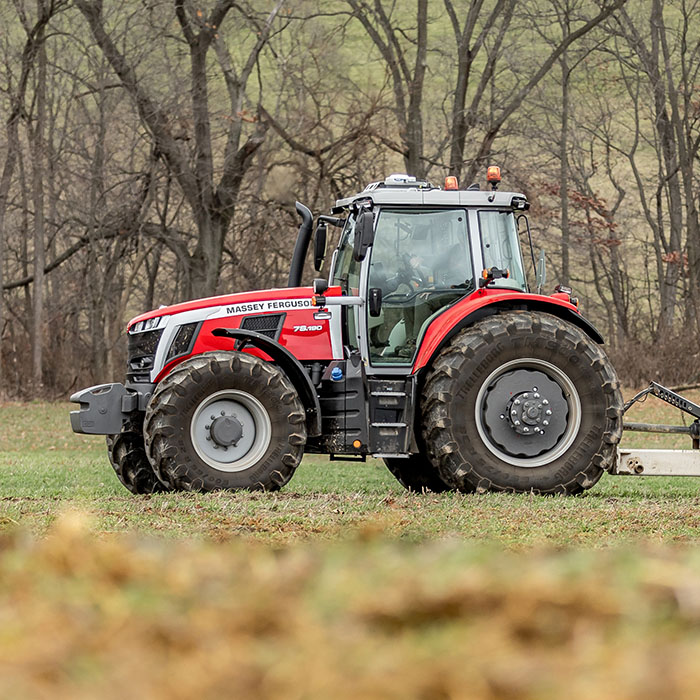





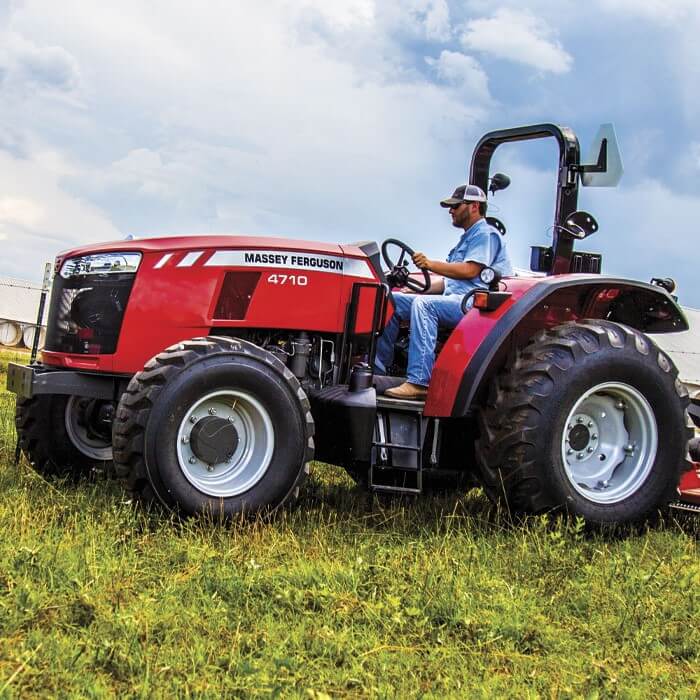
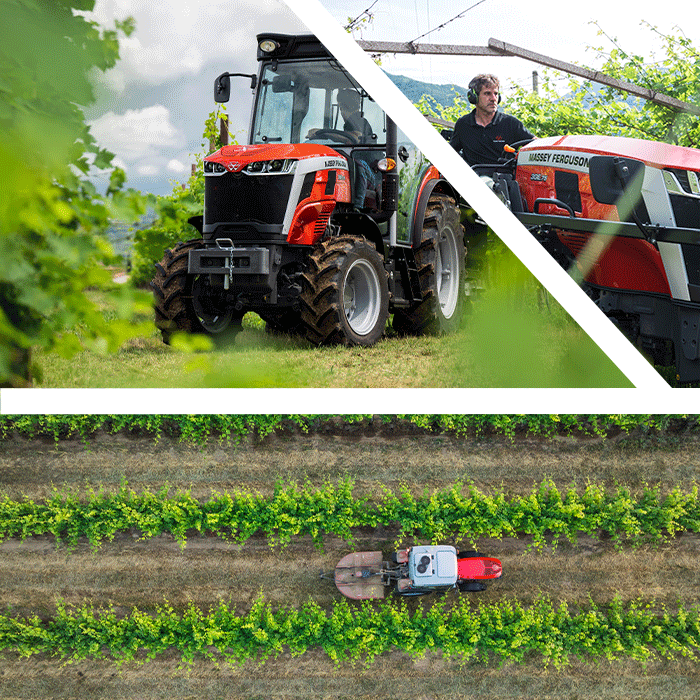







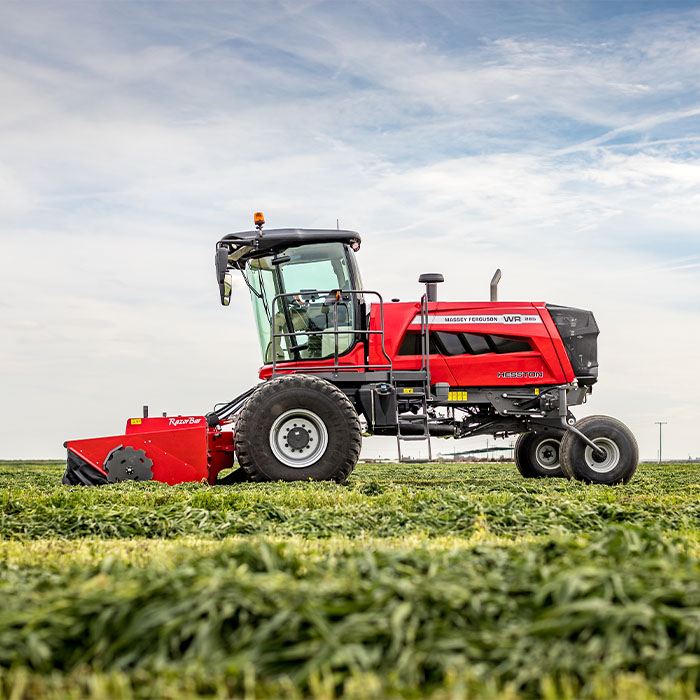


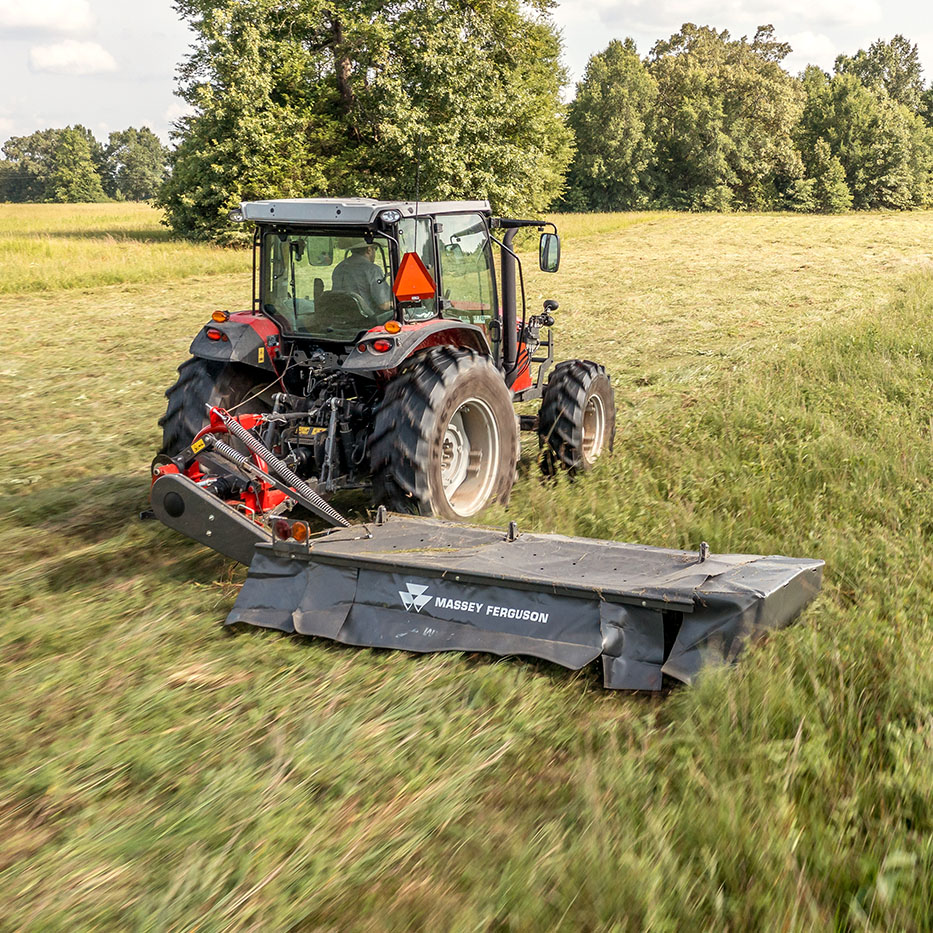





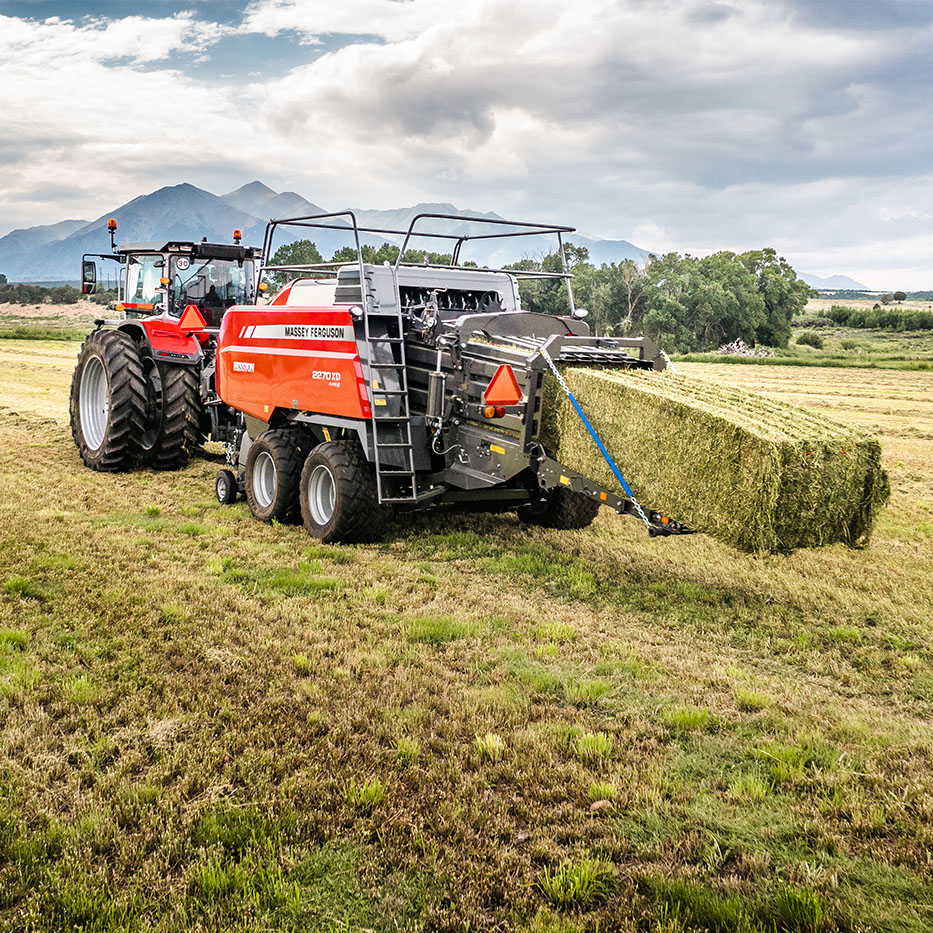














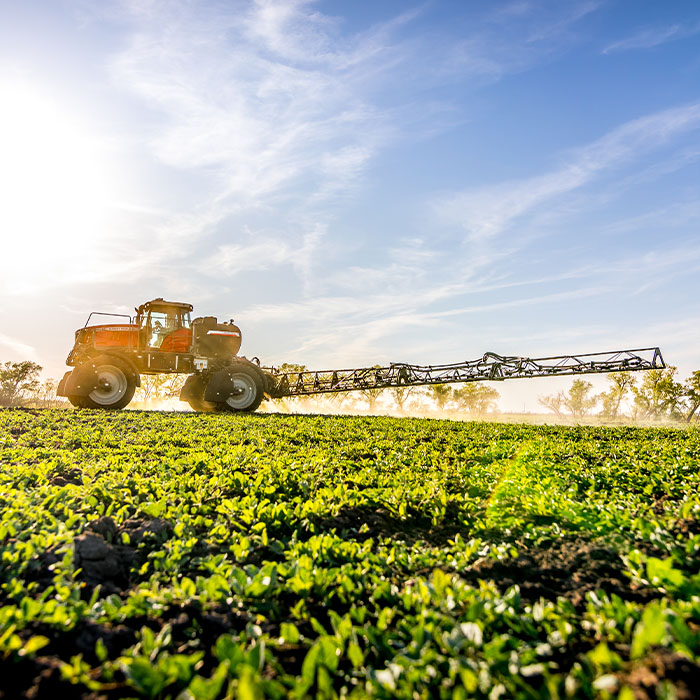






Share
https://www.masseyferguson.com/en_us/discover-mf/news/news/the-grass-is-greener.html